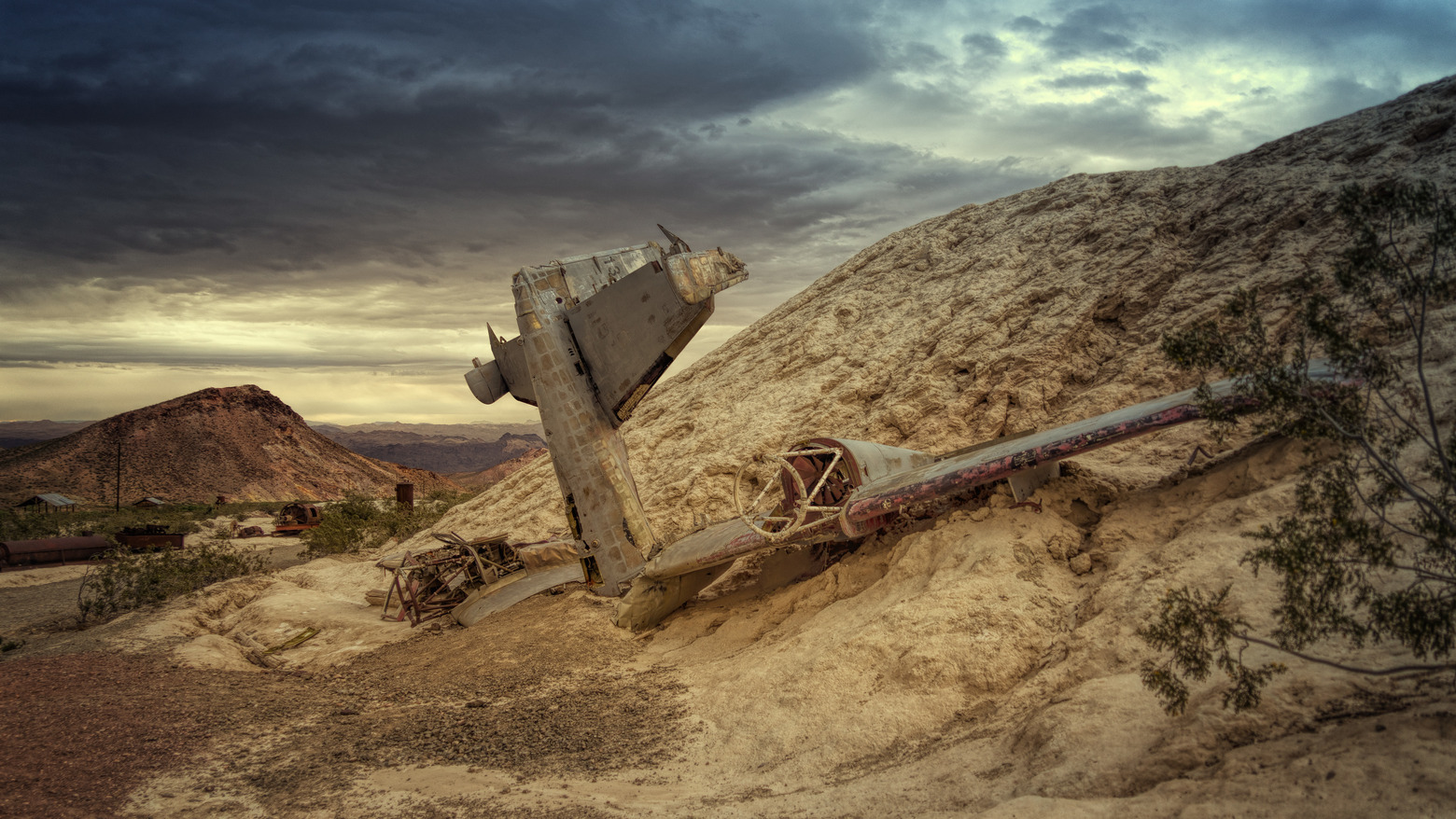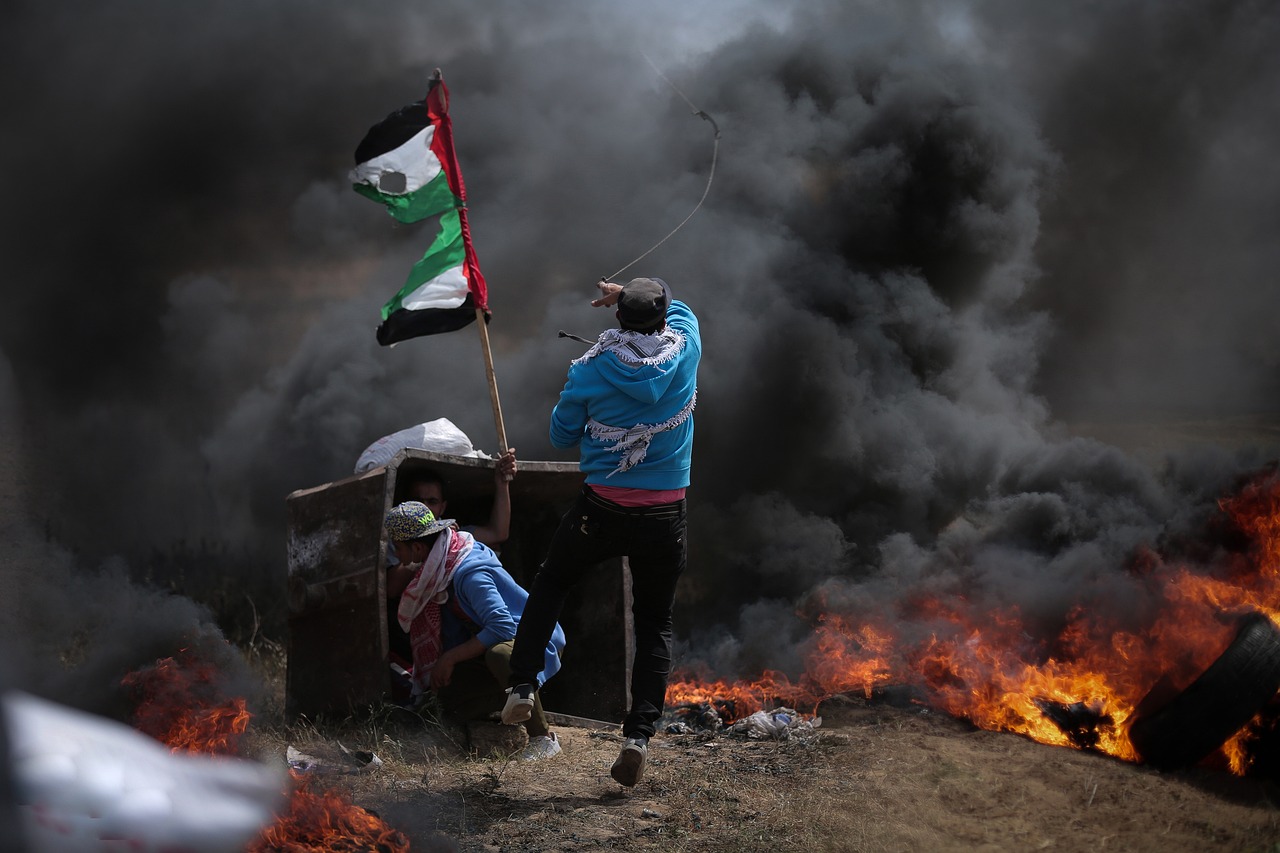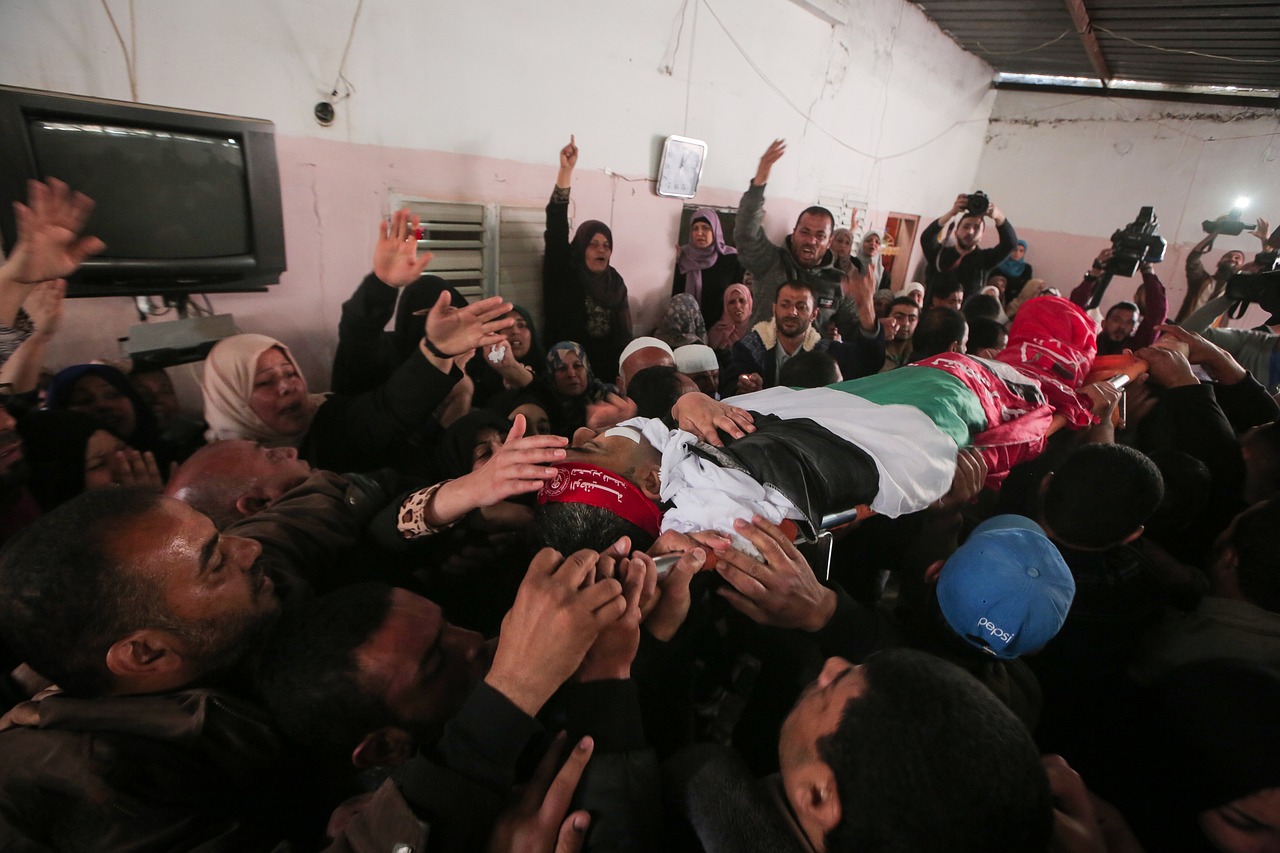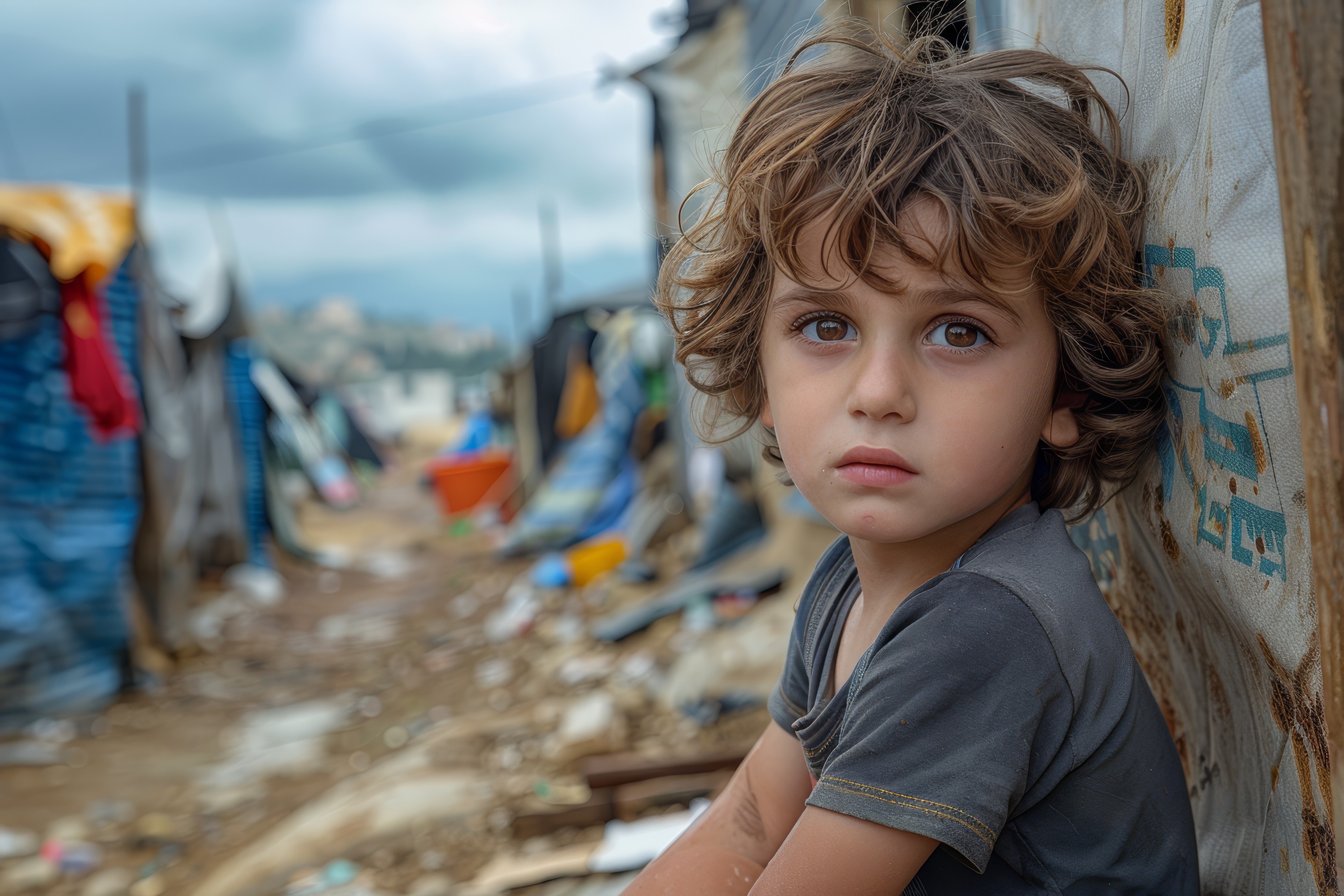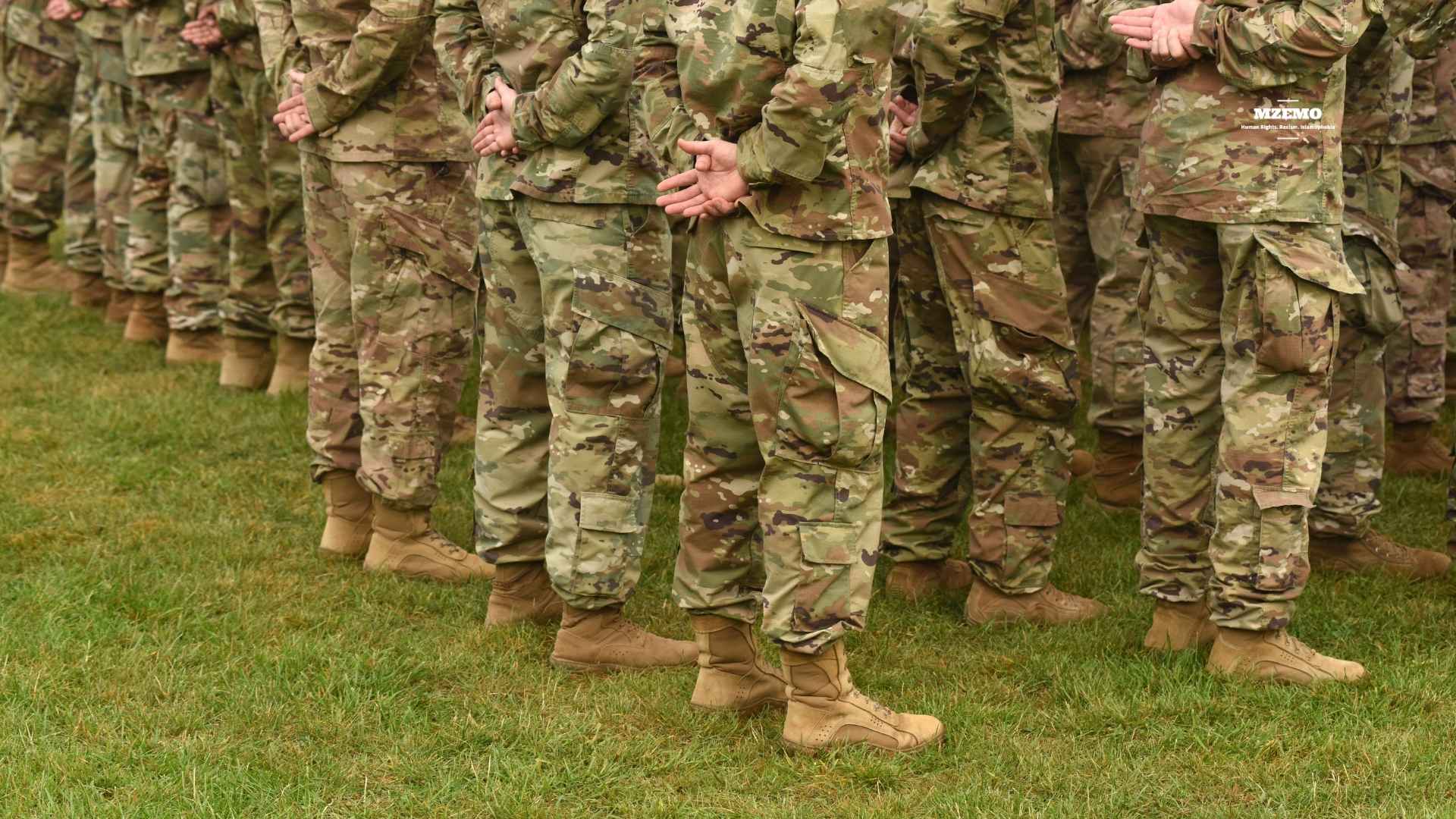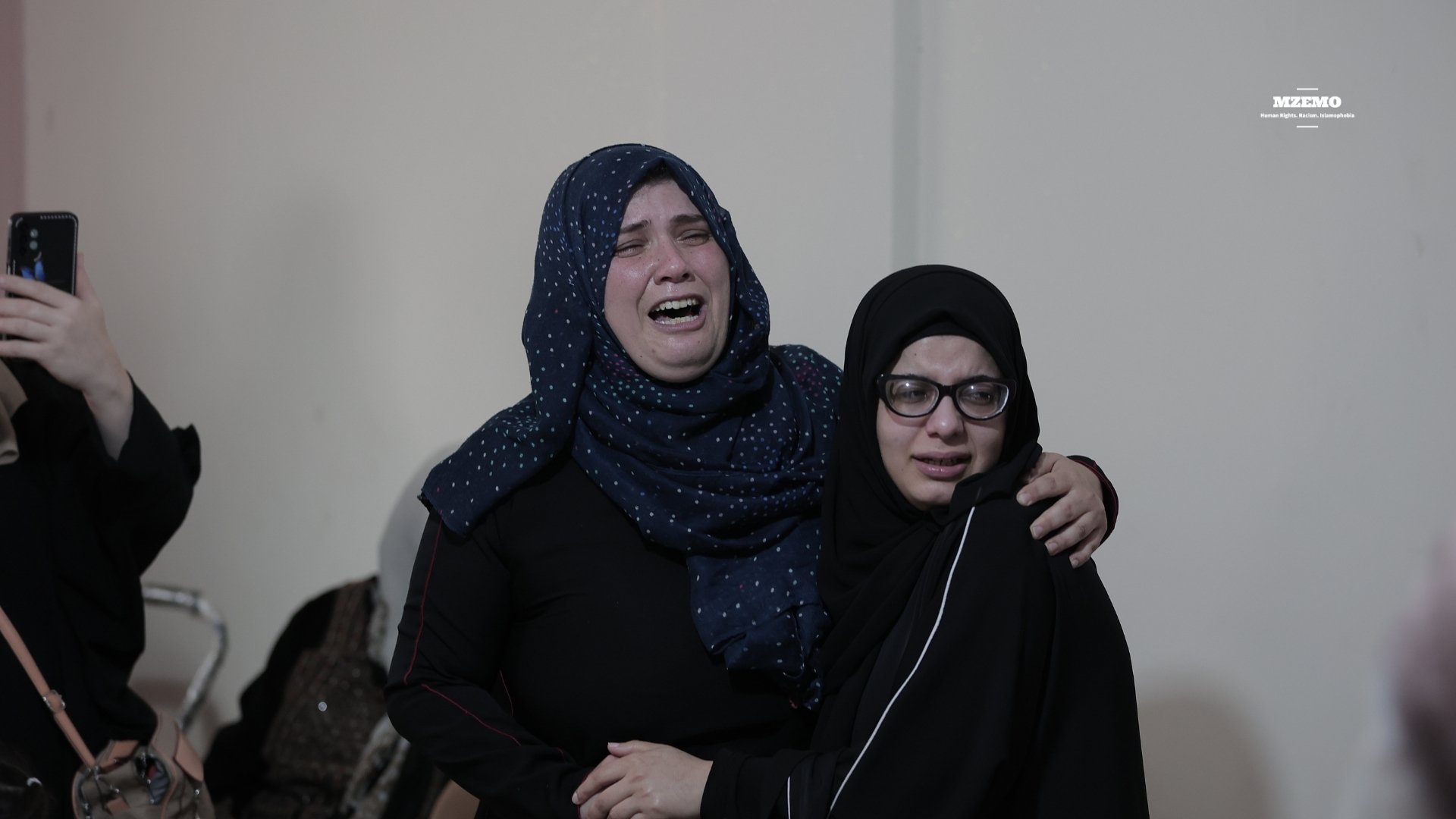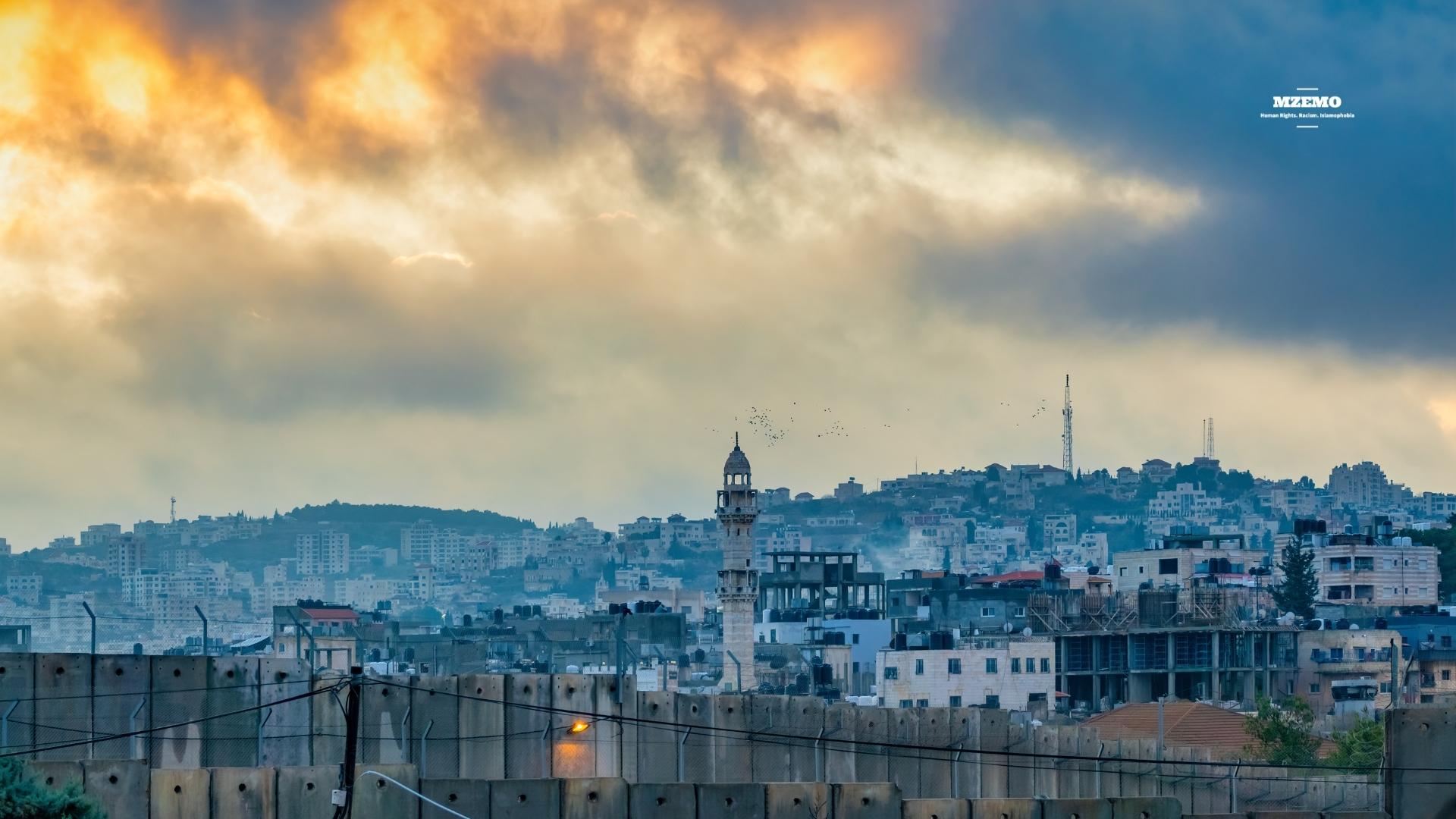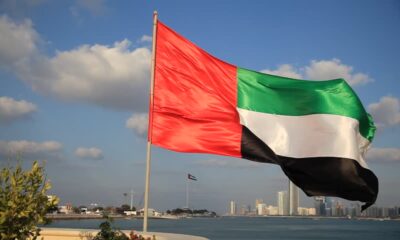Major Western powers have reacted almost indifferently to the formation of the New Israeli government. The United States, Israel’s-guardian-ally, said it was looking forwards to working with the returning veteran Prime Minister Benyamin Netanyahu.
Read Also: Ascendancy of extreme Jewish fascism seen as main outcome of latest Israeli elections
In a telephone call to Netanyahu, ostensibly to congratulate him on the swearing-in of his new coalition government, President Biden half-heartedly reaffirmed U.S. commitment to a two-state solution for the Palestinian issue. However, it is absolutely clear that this type of political settlement is irreversibly dead given the intensive Jewish colonization of the West Bank, which has left no room for establishing a credible, sovereign and territorially-contiguous Palestinian state worthy of the name.
Biden’s helpless disenchantment with Israel
The apparently helpless disenchantment of the Biden administration with the ascendency of Talmudic fascism to the helm of power in Israel shows that the indecisive US approach to the Palestinian crisis has effectively reached a dead-end, as Israeli recalcitrance is thwarting all American peace efforts in the region.
Predictably, Just a few hours after his telephone conversation with Biden, Netanyahu wasted no time telling the American President that Israel is not occupying anyone’s land and that 100% of the West Bank was an exclusively Jewish territory!
On Sunday, Secretary of State Antony Blinken reiterated the same message during a conversation with the new Israeli foreign Minister Eli Cohen. However, there was a general agreement that the discrepancy over the two-state solution wouldn’t impact the core alliance between Israel and the U.S.
Read Also: Is Zionism Truly Anti-Nazism?
Also on Sunday, a group of Jewish Americans held a rare protest vigil outside the Israeli embassy in Washington, calling for peace, democracy and equality. The protesters who are members of the American branch of Peace Now called the current Israeli government racist, homophobic and promoting apartheid.
Europe and Israel: Ambivalence and hypocrisy
Biden reportedly remained quite reticent as he obviously lacked the will and inclination to challenge Netanyahu’s insolence or confront his characteristic intransigence. A careful reading into Biden’s behaviour shows that his administration will never seek to pressure Israel to give genuine concessions for peace. Instead, he is more likely to continue cajoling and coaxing the increasingly irrelevant PA to wait for a miracle that would never happen
The European Union issued a general statement, calling on “all parties” to exercise self-restraint and refrain from escalation.
Read Also: Even if a hundred holocausts were committed against Jews, it gives them no right to slaughter Palestinians and steal their homeland
Germany, whose current chancellor got visibly mad this past year when visiting PA President Mahmoud Abbas used the word holocaust to describe mounting Israeli atrocities against Palestinians, issued a rare criticism of Israel after Public Security Minister Ben Gvir paid a provocative visit to the holy Islamic sanctuary, the Aqsa Mosque in Jerusalem. The visit drew a wave of criticisms and condemnations from many quarters around the world, although it was not expected that the new Israeli government would pay the slightest attention to these negative reactions.
The bulk of the international, especially western media described the new Israeli government in virtually innocuous terms, calling it, inter alia, “most rightest, most nationalist and most-extremist.” However, it is amply clear that these banal labels served as euphemistic epithets intended to mitigate the brutal ugliness of the new Judeo-Nazi government, headed by Benyamin Netanyahu.
As expected, some newspapers of record, like New York Times, Washington Post, Le Mond, and Times of London, meticulously refrained from using the term “fascist” as if three were still doubts as to whether the use of that epithet to describe the new Israeli government was too hyperbolic and grossly unfair.
We must call the spade by its name
Undoubtedly, this monstrous government already deserves the strongest condemnations from every honest man and woman in this world. The world doesn’t have to wait weeks and months to ascertain the true credentials of that evil entity.
The Israeli media has already published appalling excerpts of statements by the government of murderers, thugs and child-killers, who seem quite convinced that the tight Jewish domination of the American government, including Congress, grants them a perfect right to carry out a partial or full holocaust against millions of Palestinians, languishing under Talmudic cruelty and barbarianism.
Some Israeli PR experts have warned that statements about “Jewish domination” in America could boomerang on Israel and embarrass Israel’s supporters in the U.S. Another point of possible contention between the U.S. and the new Israeli government is the venomous aversion by the Haredi ultra-religious parties such as Shas and Agudat Yisrael towards Jesus Christ. Toxic anti-Jesus literature, like Hesronot Shas, is taught widely in Talmudic colleges all over Israel.
Ultimate game-changer
Viewed as the worst and most racist, most fascist and murderous Israeli government ever, the new rulers of Israel are expected to put into effect a plethora of racist laws including the following:
- Passing new laws in the Knesset that would seriously reduce or even revoke legal punishments for Jews convicted of murdering non-Jews. Needless to say, Successive Israeli governments have been observing, de facto, such laws for decades. However, Israeli official agencies used to indulge in such crimes behind the curtain, obviously for public relations purposes. Human rights groups operating in the West Bank have documented numerous cases where innocent Palestinians were murdered in cold blood by Jewish settler terrorists, and the perpetrators were not even interrogated by the police, let alone imprisoned or even arrested.
- Israel is expected to instate the “death penalty” against Palestinians convicted of killing Jews, including heavily-armed Israeli soldiers. Of course, the capital punishment doesn’t apply to Jews convicted of murdering non-Jews, including children.
- According to cultic Talmudic laws the religious parties would submit for ratification, Jewish doctors may refuse to provide medical care to non-Jewish patients, or even saving their lives on Shabat (Saturday). Thus a non-Jew injured in a car accident on the Jewish Sabbath would have to bleed to death as emergency services offering first aid to Goyem contradict the Jewish religious law.
- There are certain Talmudic laws that do not recognize the sheer humanity of non-Jews in general. It is uncertain whether Netanyahu’s coalition partners will seek to activate such manifestly laws. In Some cases, the ultimate ramifications of such laws could be quite embarrassing for Jews everywhere.
- Israel is adopting the desecration and attempted Judaizing of the Aqsa Mosque as official policy. In the Past, Israeli governments blamed fringe fanatic groups for “acts of agitation and provocation” at the Haram el-Sharif of Jerusalem . Now, however, these fringe groups are more or less in control the Israeli government.
The Holocaust didn’t start with Auschwitz
For those who might accuse me of being unduly hasty in passing a judgment on the new government that is less than one-week old, I say it is you who are being blinded by your gullibility, naivety and ignorance about that government.
I must remind the world that the holocaust did not start with Auschwitz-Birkenau, Treblinka, Dachau, Mauthausen, etc. These death concentration camps and the sheer evil they came to represent were only the final or ultimate outcome of Nazi policies. Thus, the holocaust was by no means a huge winter storm occurring on a beautiful, clear, sunny day.
The Holocaust started much earlier, with the sort of things occurring these days before our eyes in Palestine, like the publication of Mein Kampf (Torat ha’Melekh), the Nazi-Citizenship aw of 1936-37 (the Israeli Nationality Law of 2o9), Kristalnacht (settler vandalism in Nablus, elsewhere),! So, should the world give people like Ben Gvir and Bezalel Smotrich the benefit of the doubt in order to enable the4m perfect their Holocaustal designs against a people who rely mostly on the goodwill of people like you and me to save them from the gloomy clouds of Israeli, Zionist-Jewish Nazism flying over the horizons?
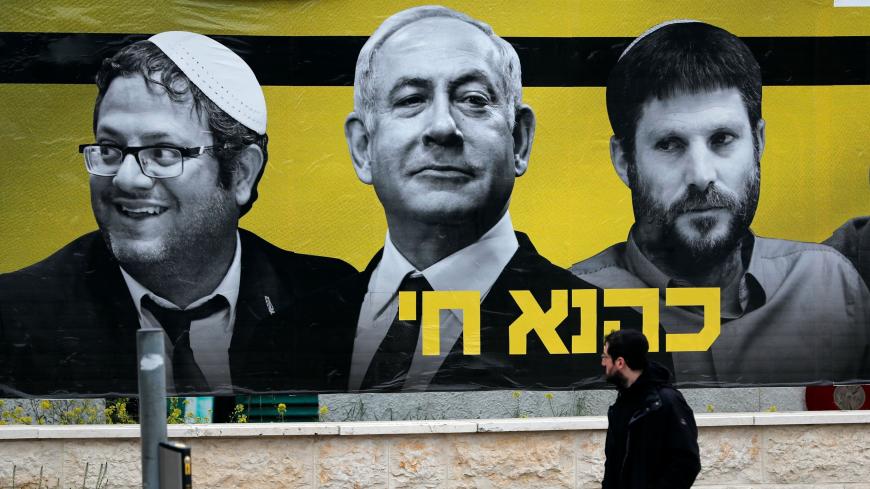

 Featured2 years ago
Featured2 years ago
 Featured3 years ago
Featured3 years ago
 Featured2 years ago
Featured2 years ago
 Featured4 years ago
Featured4 years ago
 Featured3 years ago
Featured3 years ago
 Featured5 years ago
Featured5 years ago
 Featured2 years ago
Featured2 years ago
 Featured3 years ago
Featured3 years ago
